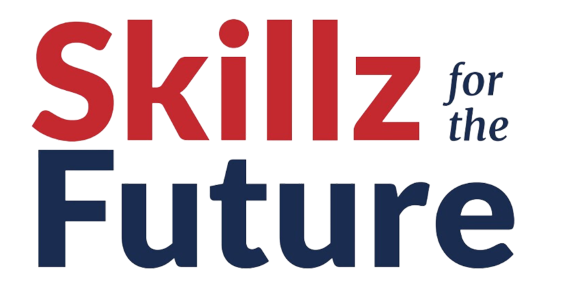Questioning is a fundamental aspect of human communication, playing a crucial role in gathering information, problem-solving, decision-making, and understanding others. This article explores the significance of questioning, its various purposes, and provides insights into effective questioning techniques.
Why Ask Questions?
To Obtain Information: Questions are a primary tool for acquiring information. Examples include asking for the time or seeking factual details.
Maintaining Control of a Conversation: The act of asking questions allows the questioner to control the direction of the conversation. Assertive individuals often use questioning to gather the information they need.
Expressing Interest: Questioning is a way to express interest in others. It fosters rapport, empathy, and a deeper understanding of the person being questioned. Clarification: Questions are crucial for clarifying points made by a speaker. They help reduce misunderstandings and enhance effective communication. Exploring Personalities and Difficulties: Questions are used to delve into the feelings, beliefs, opinions, and difficulties of individuals. In professional contexts, such as medical consultations, questions aid in understanding and diagnosing issues. Testing Knowledge: Questions are employed in quizzes, tests, and exams to assess the knowledge of respondents. For example, “What is the capital of France?” Encouraging Further Thought: Questions can stimulate deeper thinking. Well phrased questions encourage individuals to contemplate a topic in a new light.
Group Situations: In group settings, questioning ensures the inclusion of all members, promotes discussion, and sustains attention.
How to Ask Questions?
Determine the Type of Question: Consider the type of question that suits the situation. Different question types include open-ended, closed-ended, probing, leading, and hypothetical questions.
Appropriateness: Ensure that the question is appropriate for the person or group being questioned.
Timing: Choose the right moment to ask a question. Consider the flow of the conversation and the emotional state of the participants.
Expected Response: Anticipate how you expect the respondent to reply. This helps in framing the question effectively.
Mechanics of Asking Questions:
Being Structured: In situations requiring a large number of questions, inform the respondent beforehand. Provide context and explain the purpose behind the questions to enhance openness.
Use Silence: Employing pauses, especially before and after questions, can emphasise their importance. A three-second pause before a question and after a response can be particularly effective.
Encouraging Participation: In group settings, redirect questions to involve different members. However, be mindful of individuals who may find speaking in groups challenging and encourage their participation without causing discomfort.
Mastering the art of questioning is essential for effective communication. Whether seeking information, expressing interest, or promoting thoughtful reflection, well-crafted questions play a pivotal role. Understanding the appropriate types of questions, considering timing and expected responses, and employing techniques like structured questioning and strategic use of silence contribute to becoming a skilled communicator.
